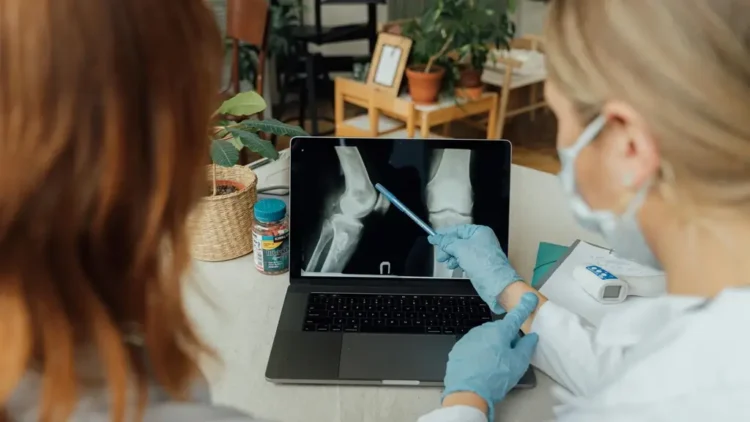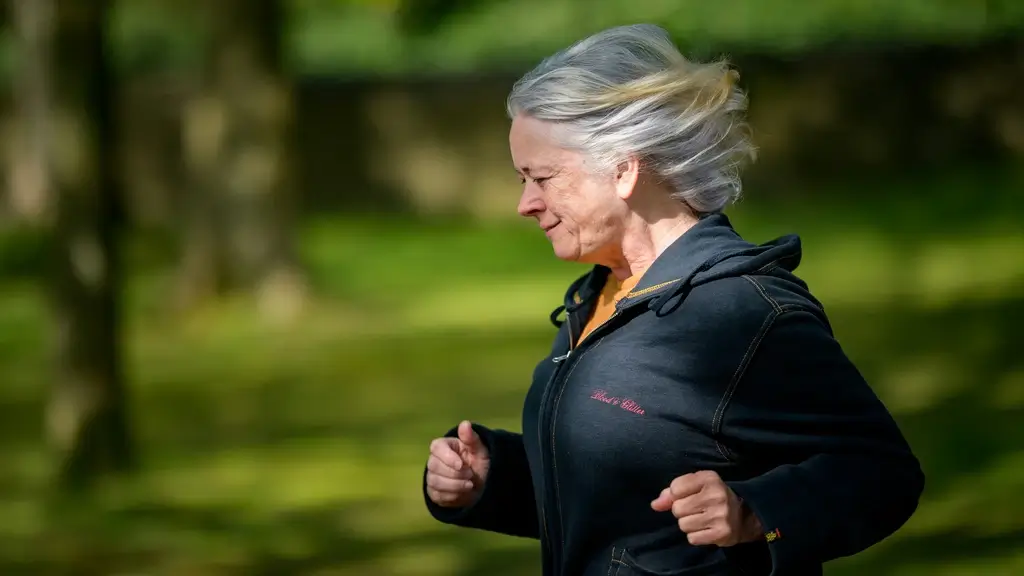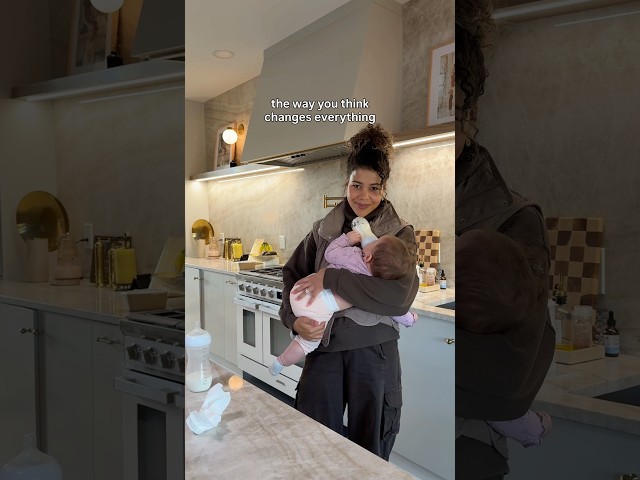Bone health is often overlooked until there’s a problem, such as a fracture or osteoporosis. However, maintaining strong bones is crucial for overall health and mobility as we age. Strong bones provide a robust framework for our bodies, help protect our organs, anchor muscles, and store critical nutrients.
Simple Lifestyle Changes for Stronger Bones
Boosting bone health doesn’t need to be complicated. Making small, consistent changes to your lifestyle can have a significant impact over time. Here are some easy steps to enhance your bone strength:
1. Nutritious Diet: The Foundation of Strong Bones
- Calcium-Rich Foods: Incorporate dairy products like milk, cheese, and yogurt. If you’re lactose intolerant, opt for fortified almond or soy milk, tofu, and leafy greens like kale and broccoli.
- Vitamin D: This vitamin is essential for calcium absorption. Sun exposure aids in vitamin D synthesis, so try to spend some time outdoors. Additionally, include foods like fatty fish, eggs, and fortified cereals in your diet.
- Magnesium and Vitamin K: These nutrients support bone density. Nuts, seeds, whole grains, and leafy greens are excellent sources.
2. Physical Activity: Move to Strengthen Your Bones
Regular exercise is essential for maintaining healthy bones. Weight-bearing exercises, in particular, help stimulate bone formation. Here are a few activities to incorporate into your routine:
- Walking or Hiking: Simple yet effective, walking or hiking helps keep your bones strong. Aim for a brisk 30-minute walk at least five times a week.
- Strength Training: Lifting weights or using resistance bands can improve bone density by encouraging new bone growth.
- Yoga and Pilates: These exercises improve balance, flexibility, and strength, all of which are crucial for bone health and preventing falls.
3. Healthy Habits: Protect Your Bone Health
- Avoid Smoking and Excessive Alcohol Consumption: Both smoking and heavy drinking can lead to bone loss. Reducing or eliminating these habits will benefit your bone health.
- Monitor Your Weight: Maintaining a healthy weight is vital as both underweight and obesity can increase the risk of fractures and bone density loss.
- Ensure Safe Environment: Prevent bone injuries by creating a safe home environment. Install grab bars in bathrooms, use non-slip mats, and ensure good lighting throughout the home.
4. Regular Health Check-ups
Bone density tests can help identify bone loss early. Talk to your healthcare provider about screening, especially if you have risk factors for osteoporosis, such as a family history or long-term steroid use.
Integrating these simple steps into your daily life can help preserve and enhance the strength of your bones, making it easier to lead a healthy, active lifestyle for years to come. Remember, it’s never too late to start taking care of your bone health. Make these changes today for a stronger tomorrow!












Discussion about this post